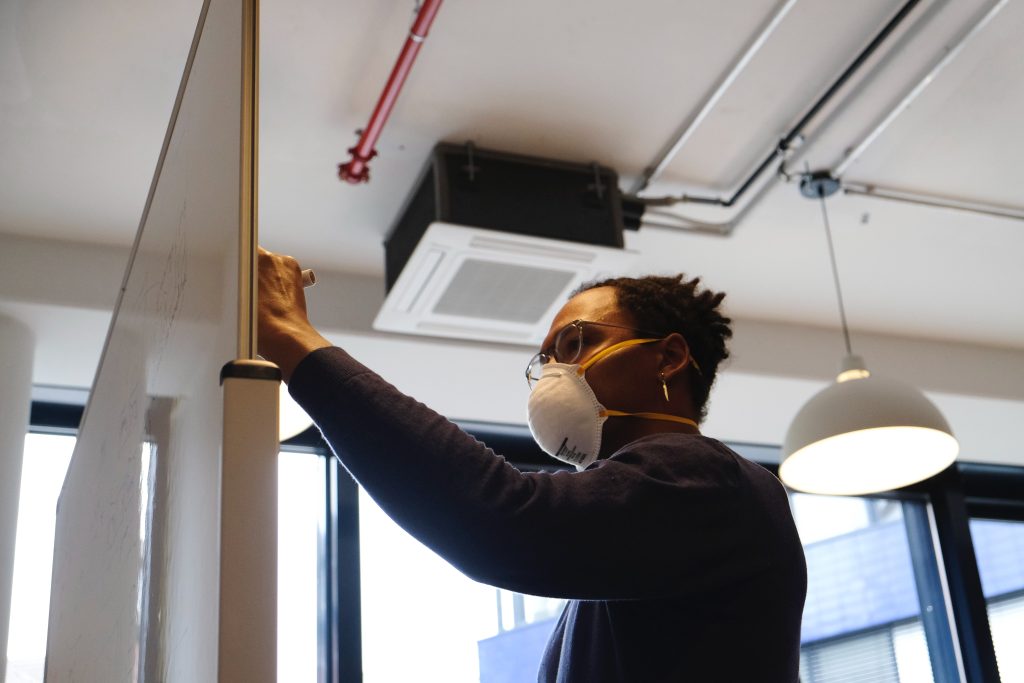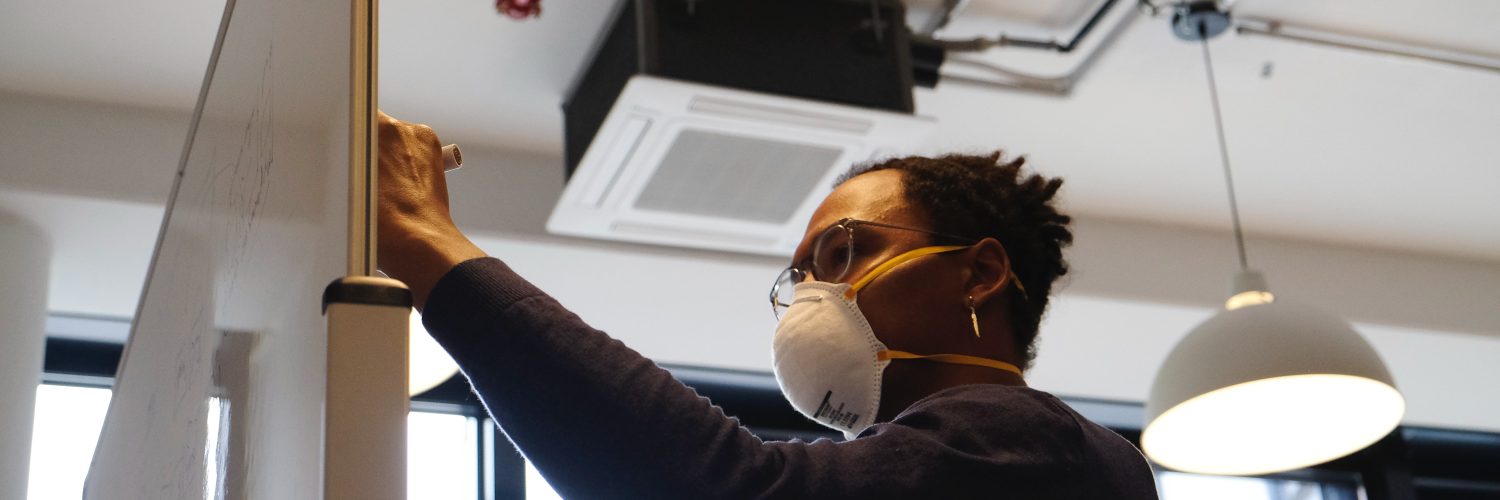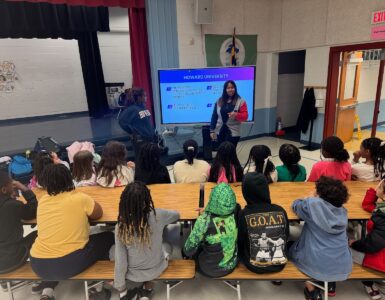
As the saying goes, be careful what you wish for you might just get it. After begging to go maskless and in-person students finally got their wish. But is it all it’s cracked up to be? It’s easy for young and relatively healthy students to criticize institutional protocols for the unprecedented pandemic. After a full year of masks slipping, glasses fogging, and endless Bison S.A.F.E. checks an outcry for relaxed protocols reached a fever pitch. The result: on June 10, students received an email notifying them of a new optional mask policy.
Among the many reasons to attend Howard University, safety often doesn’t make the list. Howard has their work cut out for them, in this department, being in a highly populated area with a plethora of students who are active in the community. At the beginning of the pandemic, Howard followed the example of the University of Washington and sent its students to their respective homes to complete online courses. Once Howard’s doors reopened many students found themselves bogged down with restrictions.
With the lack of events, weekly testing, online courses, and daily Bison S.A.F.E. checks many students felt they were robbed of a college experience. The cancellation and online adaptations of last year’s significant Homecoming events was a large blow to students’ school spirit.
With Howard’s new relaxed COVID-19 policies students are finally able to start returning to normalcy. Students are connecting with peers at campus events, recognizing faces in their courses, and are tested based on academics instead of their immune system. However, this all comes at the price of another potential outbreak. With COVID-19 numbers seemingly waning, and on top of the growing threat of Monkeypox, the lack of policies can become a point of contention on campus. While some are excited by the obvious benefits of relaxed policies, others are wary of the future health of the student body.
Rachel Miller, a senior psychology major, expressed her support for Howard’s lenient policies stating “I think at this point in time so many people have already gotten it that everyone is tired of the extra measures and Howard has reflected the same feeling.” This perspective is a commonly shared one amongst Howard’s campus.
It is a reasonable assumption that every student on campus has either caught or knows someone who caught COVID-19. With the widespread nature of the disease and high survival rates among students it is not far-fetched that it has lost some of its respect as a threat. These indulgent guidelines are seen as respite for many, but a potential weakness for others.
“What policies?” Christian White, a Junior English major, questioned when asked his opinion of Howard’s COVID-19 efforts. He is one of many who are critical of Howard’s lackadaisical response to the pandemic. Furthermore, Christian challenged the existence of any strategies for Monkeypox stating, “…I honestly wouldn’t say there’s any Monkeypox protocols at all.” Presently, there’s no data on either infection on campus as the discontinuation of mandatory Bison S.A.F.E. checks have likely impacted contact tracing efforts. Although, COVID-19 numbers have greatly reduced since the height of the pandemic, we would be unaware if cases were to spike on campus. While the desire to return to normalcy is understandable, perhaps, the shift would benefit from a gradual rather than direct approach.
Currently, D.C adds an average of 82 COVID cases daily to its total of 167,796. Monkeypox, more conservatively, has amassed 472 cases in D.C. Both illnesses have appeared to reach their heights and hopefully their downward trend will continue throughout the semester. Many are of the belief that the pandemic has finally come to an end three years after its beginning. This especially bodes well for those who seek to regain some semblance of their lives before the pandemic.
Sadly, only time will tell how these relaxed policies will impact this tumultuous adjustment period.










Recent Comments